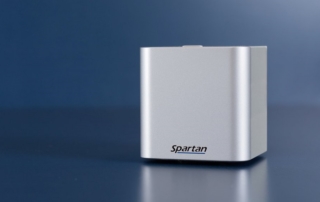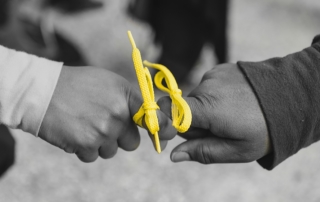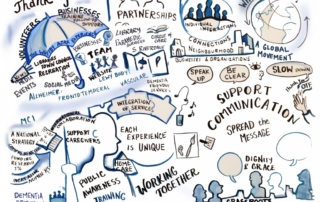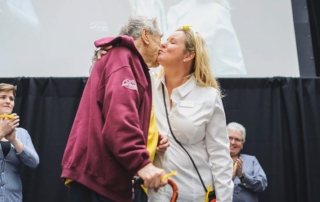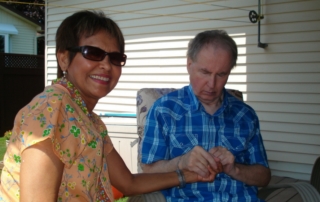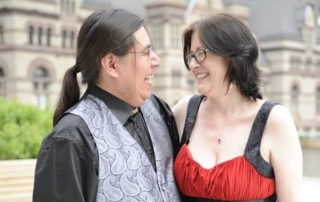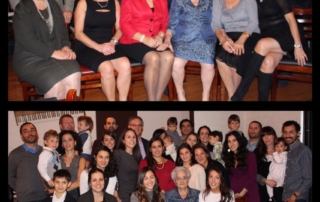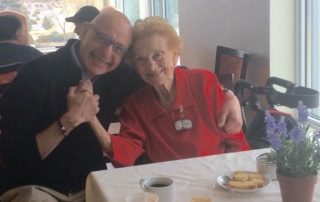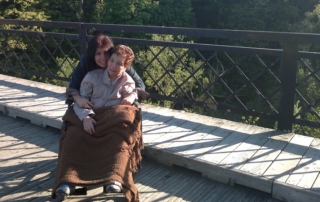Guest Feature: Assessing Alzheimer’s Risk Using the Spartan Cube APOE System
Alzheimer Society of Toronto2019-04-25T19:48:38-04:00The knowledge that we gain through clinical research helps improve the ways we can prevent, diagnose, and treat Alzheimer’s and dementias– but researchers can’t do it alone. They need volunteers in order to improve the lives of those who have been affected by Alzheimer’s or other dementias. Click here to learn more about clinical trials and decide if it’s right for you and your family.
Preventing Alzheimer’s disease is a complicated but essential undertaking. Clinical trials to assess prevention strategies are finally underway and all of us can participate in moving these trials forward. Assessing one’s risk for developing Alzheimer’s disease can be an important starting point. A new technology to assess a risk factor gene for Alzheimer’s disease from a cheek swab sample is now available and can determine who is at increased risk of developing Alzheimer’s disease. This risk factor gene is known as APOE and it is the APOE4 version of the gene that increases our risk. One copy of E4 increases our risk 3-fold while two copies of E4 increase our risk 8-12 fold. The higher one’s risk, the more relevant it is to consider joining a prevention study.
The SPARTAN CUBE APOE system is a 5”x 5” device created by Spartan Bioscience, Inc. for rapid assessment of one’s APOE genes from a cheek swab sample. The device is approved for research use and yields results with greater than 95% accuracy. Individuals who provide a cheek swab specimen may opt to be contacted only if they are eligible to join a prevention study or alternatively, individuals may wish to learn their APOE results regardless of a study opportunity.
A registry at Toronto Memory Program is currently enlisting individuals who carry one or more copies of the E4 gene in order that these individuals may be invited to join current or future Alzheimer’s prevention studies. Individuals who are over the age of 60 and who are cognitively well, or have only mild cognitive symptoms, may be eligible for these studies.
A cheek swab takes a few minutes and is painless. The cost of this genetic test is covered by the research program. Disclosure of results is done by knowledgeable professionals and only if one wishes to learn one’s results. There is no impact on your insurance or employment as per Canada’s Bill S-201 (the Genetic Non-discrimination Act).
In the past, the responsibility has fallen on those already affected with Alzheimer’s disease to join studies and help us find better treatments. We owe much gratitude to these volunteers. Now all of us can get involved, starting with a cheek swab. Let us be the generation that takes action to prevent Alzheimer’s disease for ourselves and for generations to come.
– Dr. Sharon Cohen, Neurologist at Toronto Memory Program
To book an appointment for a cheek swab, or to join a cheek swab event, contact Toronto Memory Program’s research line at 416-386-9606.
